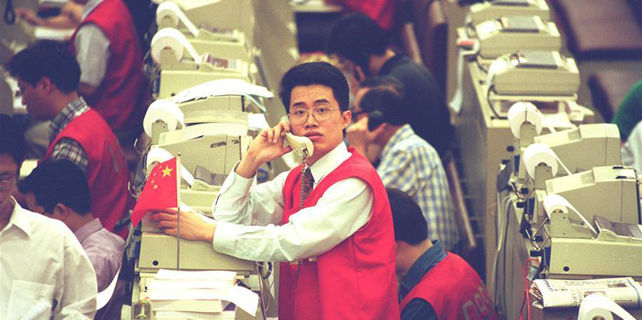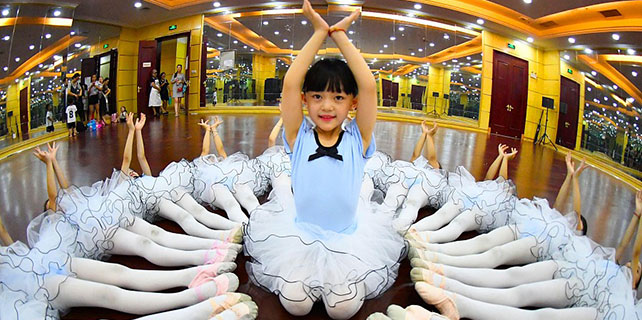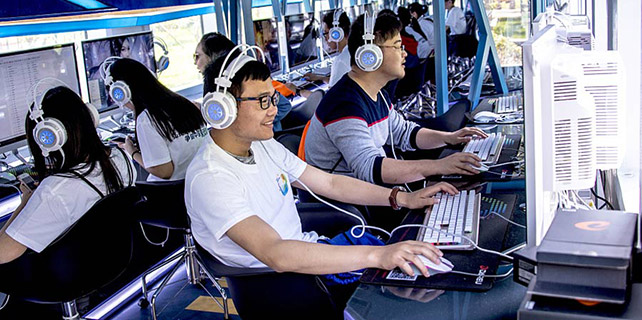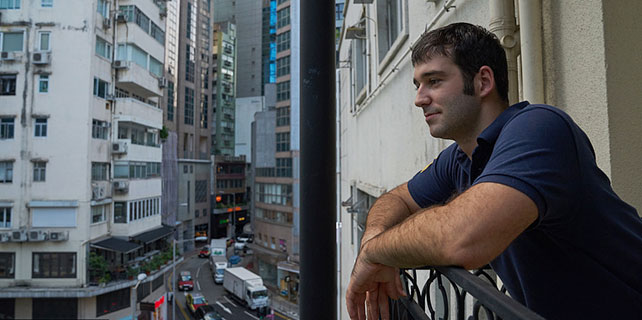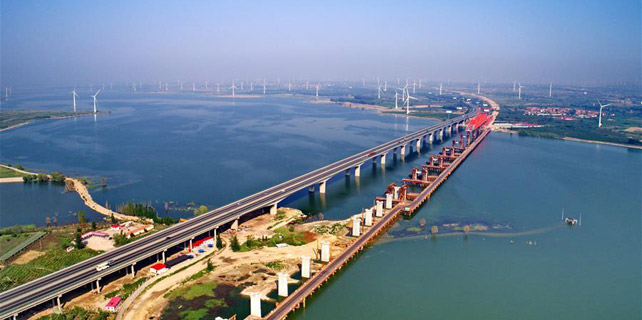China's contribution to peacekeeping "extremely important," says UN peacekeeping chief
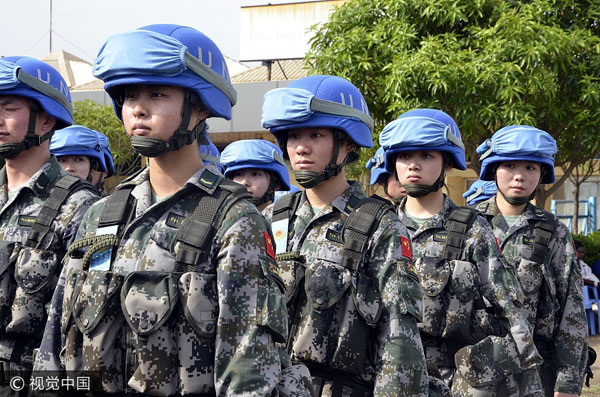 |
|
Chinese peacekeeping troops, the last detachment of the country's first deployment of a full infantry battalion for a United Nations (UN) peacekeeping mission arrive at Juba International Airport on April 8, 2015. [Photo/VCG] |
"As the second largest financial contributor, China's contribution to peacekeeping is extremely important," Jean-Pierre Lacroix, the UN Under-Secretary-General (USG) for Peacekeeping Operations, told Xinhua in a recent exclusive interview.
Lacroix, who took over from the former Under-Secretary-General Herve Ladsous on April 1 and is in charge of the UN Department of Peacekeeping Operations, said that "China is a very important troop contributor as well with about 2,500 peacekeepers deployed in a number of countries as in the Democratic Republic of Congo, South Sudan and Mali."
According to UN official statistics, China currently contributes 2,512 people to UN peacekeeping, including 155 police, 34 military experts and 2,323 troops.
On average, China contributes more troops to UN peacekeeping missions than any other permanent member of the UN Security Council. The country dispatches high-value troops and has recently begun to provide combat troops, marking a significant change in its deployment profile, according to UN reports.
"What is remarkable is that the contributions of China are very high quality," said the USG, recalling his March visit to Juba of South Sudan, where he paid a visit with his predecessor Ladsous and "saw the quality of China's contributions directly."
"I was deeply impressed by the quality of the Chinese contingent, qualified people and quality equipment -- this is very important," he noted.
The bulk of UN peacekeeping operations funding is appropriated much like the general budget, but permanent members of the Security Council are required to pay a larger share, and all states are free to contribute additional funding, equipment, or other services to missions of their respective choices.
The year 2015 was a landmark year in China's rise as a global security provider. Not only did the Chinese leader commit 8,000 troops to the UN peacekeeping standby force-one fifth of the 40,000 total troops committed by 50 nations-China also pledged $100 million to the African Union standby force and $1 billion to establish the UN Peace and Development Trust Fund.
The UN extremely appreciated the fact that China is committed to the PCRS or the Peacekeeping Capability Readiness System, said Lacroix.
"We look forward that China will bring those contributions to a level of readiness that will enable us, if needed, to rapidly deploy Chinese units wherever they are needed," he said.
"This is a very much appreciated effort," said the USG.
"I think that there is another area that China's role is and will be very important. It's the area of helping the other actual troop contributor countries to improve the level (of Peacekeeping Capability Readiness System)," said UN peacekeeping chief.
The UN does not have its own military force; it depends on contributions from Member States. As of March 31, 2014, 122 countries contributed military and police personnel to UN peacekeeping, according to UN statistics.
To date, 54 UN peace operations have completed their mandates.
UN Secretary-General Antonio Guterres on Thursday welcomed the closure of the United Nations Operations in Cote d'Ivoire (UNOCI) on June 30, after having successfully achieved its mandate.
"He commends the significant contributions of all partners national, regional and international in the Ivoirian peace process," the UN chief said in a statement.
A consensus has been reached among UN top management echelon that peacekeeping operations have evolved from simply monitoring ceasefires to protecting civilians, disarming ex-combatants, protecting human rights, promoting the rule of law, supporting free and fair elections, minimizing the risk of land-mines and much more.
In all these areas, China is playing an increasingly import role, said Lacroix.







